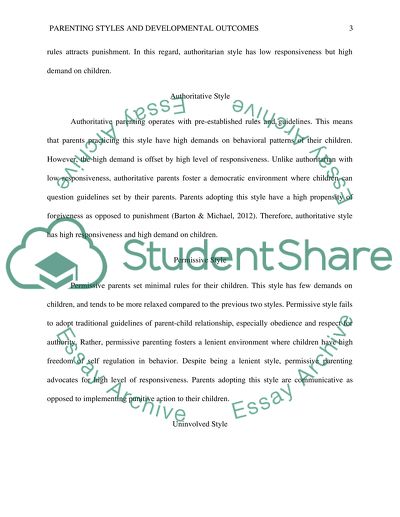Cite this document
(“Parenting Styles and Developmental Outcomes Research Paper”, n.d.)
Parenting Styles and Developmental Outcomes Research Paper. Retrieved from https://studentshare.org/education/1631316-parenting-styles-and-developmental-outcomes
Parenting Styles and Developmental Outcomes Research Paper. Retrieved from https://studentshare.org/education/1631316-parenting-styles-and-developmental-outcomes
(Parenting Styles and Developmental Outcomes Research Paper)
Parenting Styles and Developmental Outcomes Research Paper. https://studentshare.org/education/1631316-parenting-styles-and-developmental-outcomes.
Parenting Styles and Developmental Outcomes Research Paper. https://studentshare.org/education/1631316-parenting-styles-and-developmental-outcomes.
“Parenting Styles and Developmental Outcomes Research Paper”, n.d. https://studentshare.org/education/1631316-parenting-styles-and-developmental-outcomes.


